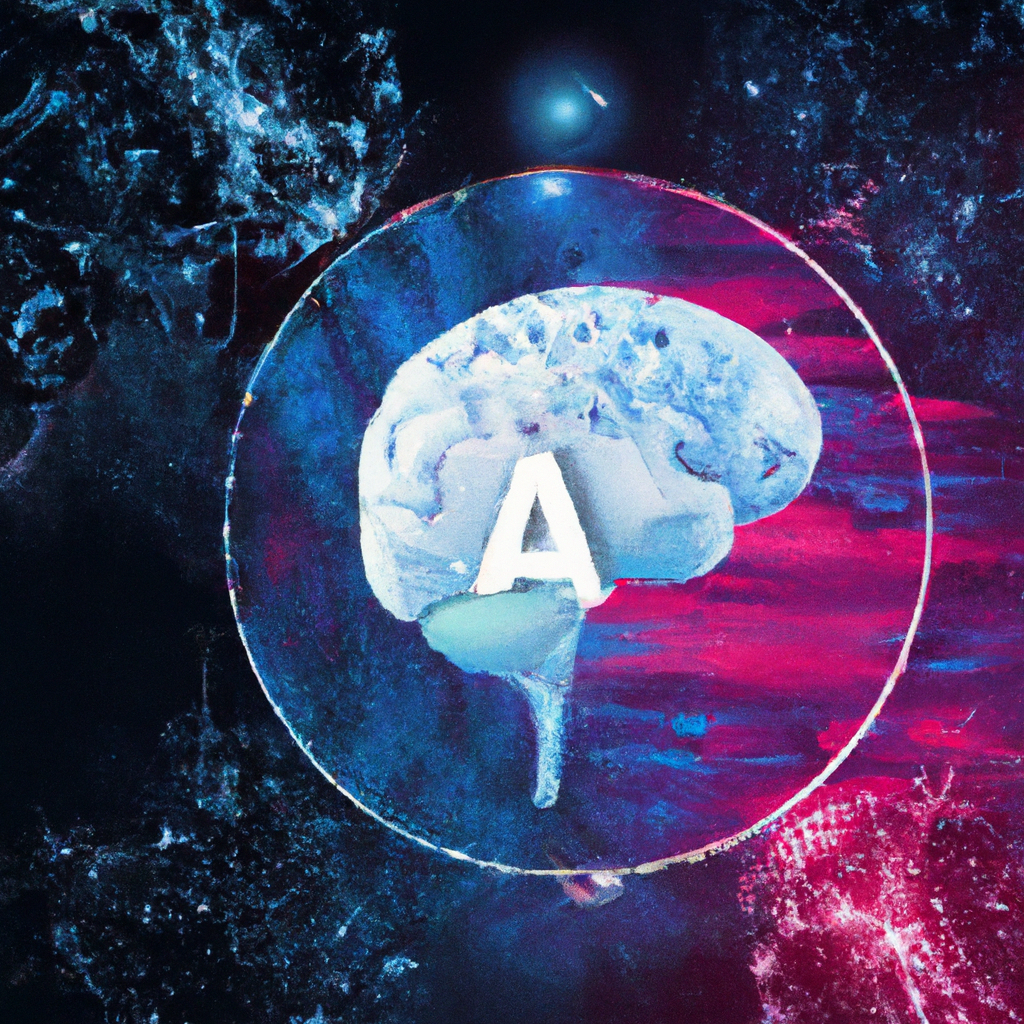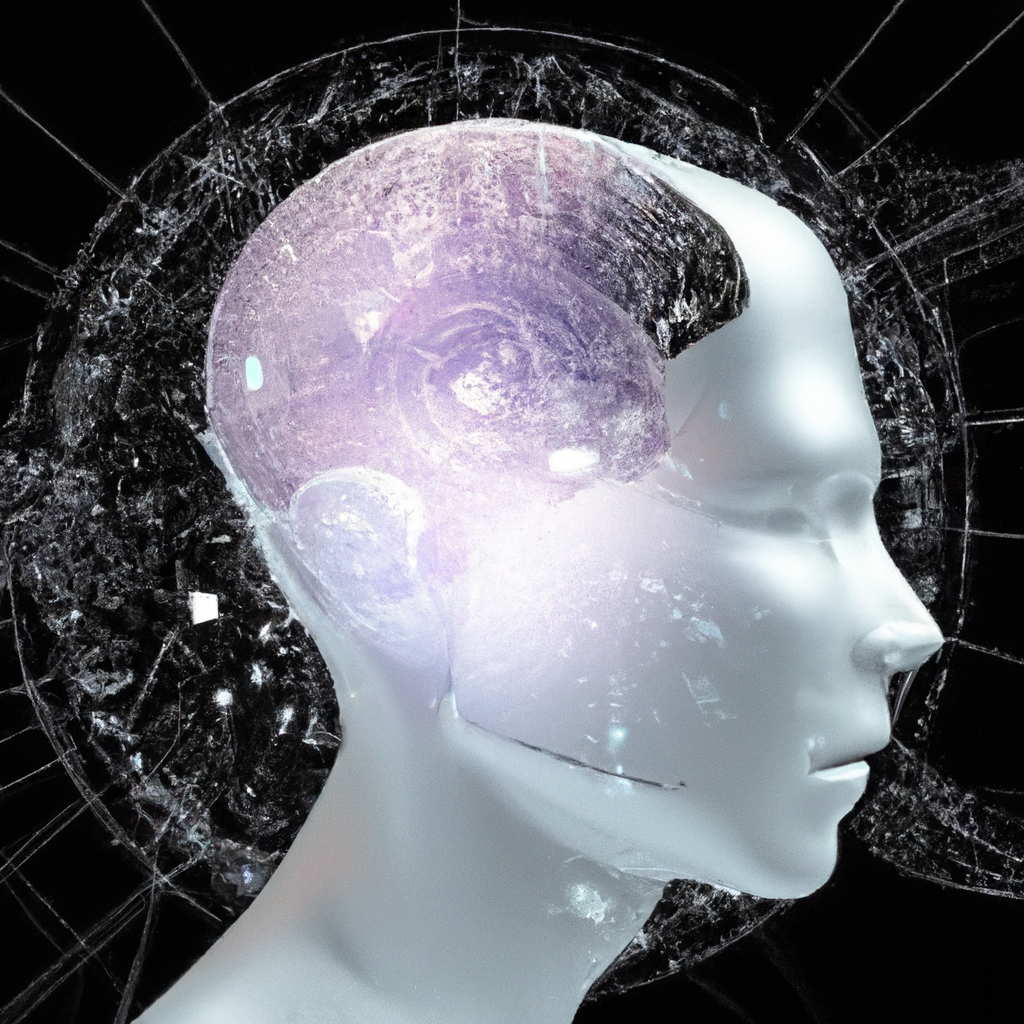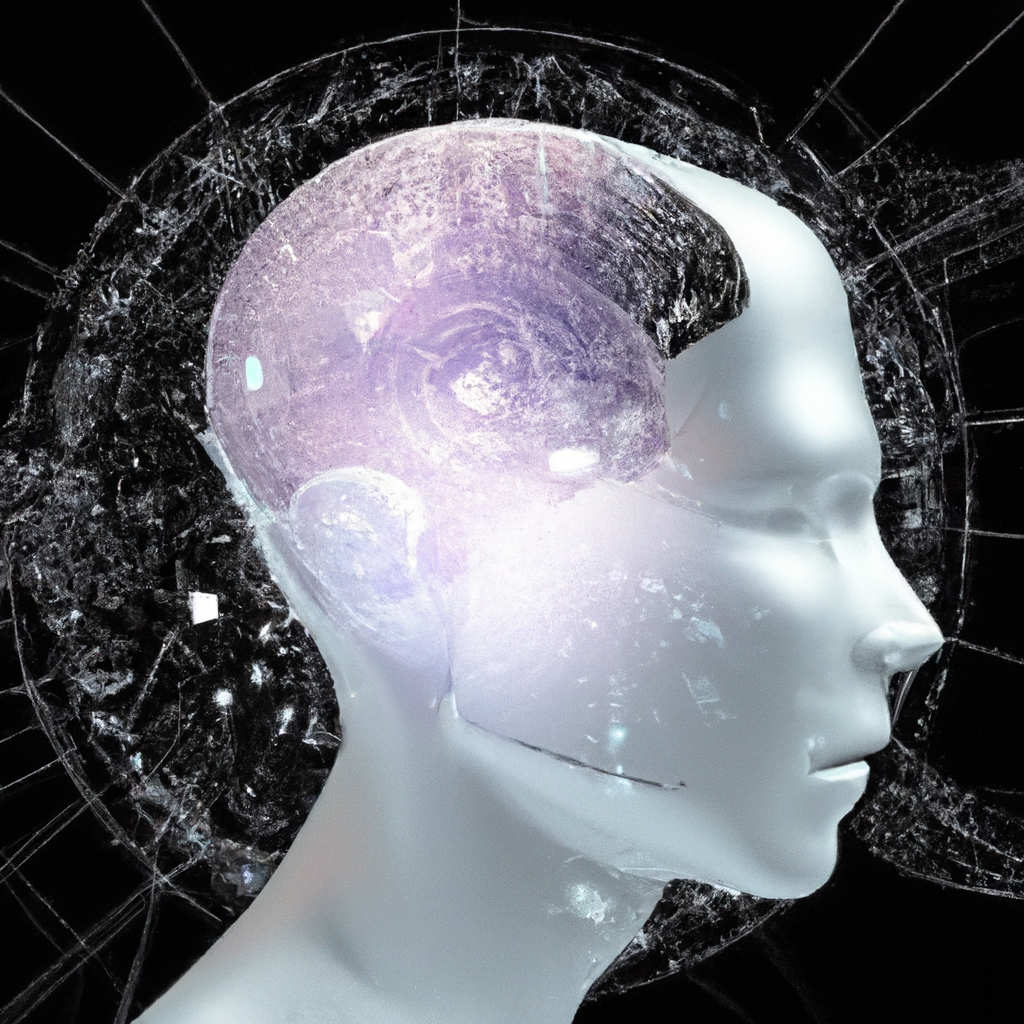Imagine a future where machines possess the same level of intelligence as humans, or even surpass it. It may seem like the stuff of science fiction, but with recent advancements in artificial intelligence (AI), this idea is becoming more plausible than ever. The question that looms before us is not if AI can surpass human intelligence, but rather when this remarkable feat will become a reality. In this article, we will explore the current capabilities of AI, the challenges it faces, and the implications of a world where machines reign supreme in intellect. Brace yourself for a thought-provoking journey into the realm of AI and its potential to reshape our understanding of what it means to be intelligent.
This image is property of images.unsplash.com.
Overview
Artificial Intelligence (AI) is a branch of computer science that focuses on the creation of machines and systems capable of performing tasks that would typically require human intelligence. Human intelligence, on the other hand, refers to the cognitive capabilities and problem-solving skills possessed by human beings. The question of whether AI can surpass human intelligence has been a topic of debate and speculation in recent years.
Evolution of AI
AI has a rich history that dates back to the mid-20th century when researchers began exploring the concept of intelligent machines. The development of AI has undergone significant phases, from early rule-based systems to the more complex neural networks and machine learning algorithms used today. One distinction in AI is between narrow AI and general AI. Narrow AI is designed to excel at specific tasks, while general AI is capable of performing any intellectual task that a human being can do. The emergence of artificial superintelligence, which surpasses human intelligence in nearly all aspects, is also a possibility for the future.
Capabilities of AI
AI possesses several capabilities that make it a powerful tool in various fields. Pattern recognition and analysis are one such capability, allowing AI systems to identify and analyze complex patterns in data. Additionally, AI systems boast exceptional processing speed and accuracy, enabling them to perform tasks much faster and more precisely than humans. AI also surpasses human capabilities in terms of memory and data storage, with the ability to retain and retrieve vast amounts of information effortlessly. Moreover, AI systems excel in learnability and adaptability, allowing them to improve their performance over time by learning from past experiences. AI’s creative and intuitive reasoning capabilities enable it to generate innovative solutions to problems.
Limitations of AI
Despite its remarkable capabilities, AI also has notable limitations. One significant limitation is the lack of consciousness and self-awareness in AI systems. While they can mimic certain behaviors or responses, AI lacks the fundamental understanding and awareness of its own existence. Emotional intelligence is another aspect where AI falls short compared to human intelligence. AI systems have no emotional capacity or the ability to understand complex human emotions and respond appropriately. Contextual understanding and common sense reasoning are additional areas where AI often struggles, as human-like intuition and the ability to make reasoned judgments based on context are difficult to replicate.

This image is property of images.unsplash.com.
Current AI Advancements
AI has made significant advancements in recent years, with several areas seeing notable progress. Deep learning and neural networks have revolutionized the field, allowing AI systems to process and analyze vast amounts of data efficiently. Natural language processing and understanding have greatly improved, enabling AI to comprehend and respond to human language in a more human-like manner. Computer vision and image recognition have seen substantial breakthroughs, allowing AI to accurately identify and interpret visual data. Robotics and physical interactions have also advanced, with robots becoming more capable of performing complex tasks and interacting with their environment. Various industries, such as medicine and finance, have benefited from AI advancements, utilizing it to improve efficiency and outcomes.
Human Intelligence and its Strengths
Human intelligence possesses unique strengths that set it apart from AI. Cognitive flexibility and understanding are key strengths, as humans can adapt and apply knowledge across different domains. Emotional and social intelligence are also crucial, allowing individuals to navigate complex social interactions and understand others’ emotions. Complex problem-solving skills are another strength, as humans can approach and solve problems that AI systems may struggle with due to their limited understanding. Furthermore, human intuition and creativity play a vital role in generating novel ideas and insights. Finally, moral and ethical reasoning allows humans to make complex judgments based on values and principles, a task that AI systems find challenging.

This image is property of images.unsplash.com.
The Turing Test
The Turing Test, proposed by Alan Turing in 1950, is a measure used to evaluate the intelligence of a machine. The test involves a human judge interacting with both a machine and another human through a computer interface. If the judge cannot consistently distinguish between the human and the machine based on their responses, the machine is said to have passed the test and demonstrated intelligence. While the Turing Test is a widely recognized benchmark, it has faced criticism for its limitations and the subjective nature of the evaluation process.
The Singularity
Ray Kurzweil introduced the concept of the Singularity, referring to a hypothetical point in the future when AI will surpass human intelligence and initiate an era of rapid technological progress. The implications of the Singularity raise concerns and speculation about the potential consequences of AI outpacing human capabilities. Will AI become an existential threat? How will society adapt to this new era? These questions are still being explored and debated by experts in the field.

The Future of AI
The future of AI presents a range of possibilities. Coexistence with AI is likely, whereby humans and AI systems work together to augment each other’s capabilities. AI has the potential to enhance human intelligence, taking on routine tasks and enabling individuals to focus on higher-level thinking and creativity. However, ethical considerations and safeguards are necessary to ensure responsible AI development and usage. As AI becomes increasingly integrated into society, it has the potential to bring about significant progress in areas such as healthcare, finance, and many others. Continued research and exploration are crucial to understanding and harnessing the full potential of AI while addressing any challenges it presents.
Conclusion
AI’s development and capabilities have come a long way, but the debate about surpassing human intelligence remains ongoing. While AI shows promise in various aspects, it has limitations and lacks key human qualities. The relationship between AI and human intelligence is complex, with potential scenarios and outcomes that both inspire excitement and raise concerns. Thorough research, responsible development, and ethical considerations will shape the future of AI and dictate how it can be harnessed as a tool for societal progress. Continued exploration and understanding of AI’s capabilities and limitations will ensure its integration into society in a beneficial and responsible manner.


